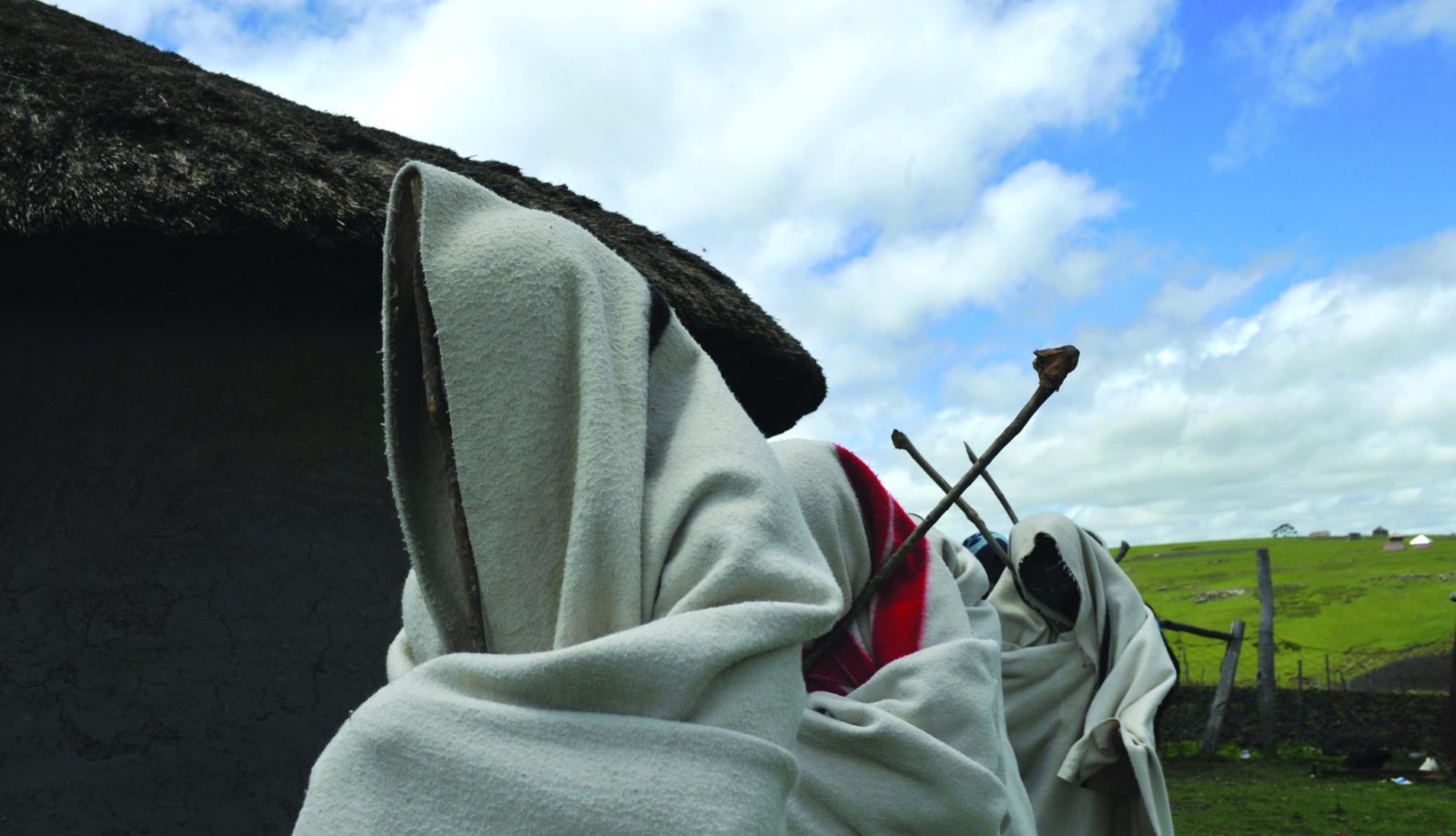December 25, 2011, a scorching summer’s day in Zwelitsha, a small township in the Eastern Cape province of South Africa, is a day I’ll never forget; I was going to become a man.
After months of preparation – buying a cow to slaughter, blankets, traditional surgeon fees, overseer fees and building a reed hut – the day had finally arrived.
On this day, I woke up at the crack of dawn, my heart pounding heavily, nerves and fears of the unknown crept in. The elders came to fetch me at 5AM. I was stripped off my clothes, as I left everything behind, and covered in a white blanket with red stripes. We walked barefoot for about an hour to the mountain and my reed hut. This was home for the next three weeks.
Back home, my mother was as an emotional wreck. Who could blame her considering that almost all the news publications ran stories about the alarming death toll among initiates? Her son was going to spend three weeks in the rough bush after all. She prayed hard for a safe return.
I remember asking myself ‘what if I never return home?’. Having read so many stories about initiates dying, I thought it could happen to me. But it was all in the mind.
Loading...
In isiXhosa we call it ulwaluko, a rite of passage to manhood. It’s a journey that is not easy.
It is done in two seasons, winter and summer, and it can be deadly. The first week is by no means easy, especially in summer, where initiates only eat half-boiled maize with no salt and no water. Dehydration is one of the reasons initiates die.
At the mountain, a surgeon, there for the removal of foreskins had a spear with sharp blades in hand. He tells me it won’t hurt if I cooperate.
“Sit down and open your legs apart,” he said, as a quick single cut from the spear removed my foreskin. I wasn’t allowed to make a sound, nor flinch, otherwise I’d be seen as a disgrace to the family.
As if this was not enough, more pain was in store.
Here, wounds are covered with a medicinal plant and bound with a leather thong around the waist. If I knew what I was getting myself into, I probably would have run.
The first seven days were hell; it was pain and hunger. I was so weak I could barely stand. I was given a stick and my body was smeared with wet clay and covered with a blanket. But the idea of being a man, kept me going.
The second week I began feeling better and getting used to life in the bush. I was even allowed to walk around and go to the river to get rid of boredom.
On the eve of my return home, friends came to visit.
In the morning, I had to run to the river to wash the clay off my body for the last time.
My brother covered my body in butter and blankets, leaving a hole for me to hold my stick. As my reed hut was set alight, I was not allowed to look back. I was told if I did I would have picked up all the bad luck.
Almost everyone was gathered at my house, as women ululated and beat corrugated iron with sticks. The celebrations carried on for two days.
After three weeks of pain, loneliness, and finally getting used to life in the bush, I was now a man. The seclusion and suffering taught me how to persevere in the face of hardship.
Loading...
